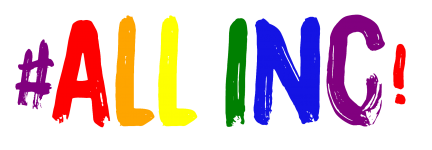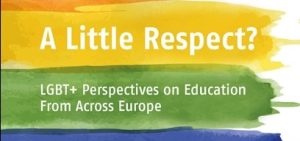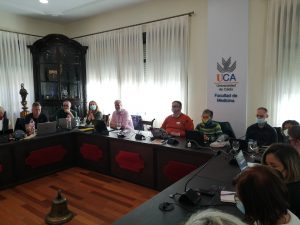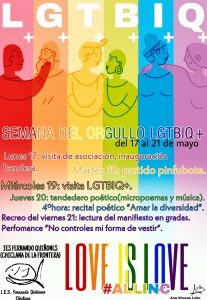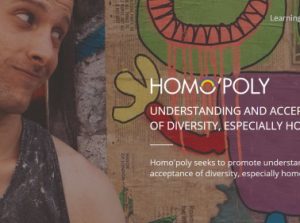Empty shelves
We were recently struck by media reports on the consequences of Florida’s July 2022 Bill HB 1467 on K–12 (=primary and secondary) education, which was amended in December 2022 to extend to high school libraries the requirement that their holdings be pre-approved by an appointed “media specialist”. Photos of empty shelves soon began to be circulated by concerned educators voicing what to them amounted to a practical ban on books.
Some schools have preemptively removed books, or blocked access to them, for fear that under the law parents could object to materials being made available whose content is supposedly pornographic or otherwise inappropriate and therefore prohibited. Florida’s Governor Robert DeSantis has been quoted as saying that this legal provision guarantees to parents that their children are receiving “education, not indoctrination” at school.
In late January we also learned of another effect of this new legislation, when —again in the name of fighting “indoctrination”— the state’s College Board dropped a module on African American studies from the AP (Advanced Placement) programme that allows high school students to obtain college course credits.
Florida’s push against “inappropriate” curricular contents was only reinforced a few days later by Bill HB 999, which literally stipulates (page 14) that:
a Florida College System institution, state university, Florida College System institution direct-support organization, or state university direct-support organization may not, directly or through a contract, grant, or agreement that provides services, expend any funds, regardless of source, to (…) promote, support, or maintain any programs or campus activities (…) that espouse diversity, equity, and inclusion or Critical Race Theory rhetoric. (Emphasis added.)
Not only can this effectively become a form of censoring curricular contents, but also of erasing pedagogy preparing future educators to meet the challenges of more and more diversified classrooms.
In parallel, the hiring process —i.e. how many faculty can count on being protected by (eventual) tenure, should their courses be deemed objectionable or controversial— has also been made more precarious, not only in Florida but in other US states with a majority conservative legislature.
As this article puts it, teaching that is critical of structural social injustices has become “a favourite bogeyman” in the political right’s “culture wars”, waged by political representatives and pressure groups.
The worrying state of these attempts at eroding academic freedom, for both teachers and students, is painfully represented in this report by PEN America, which has found 1,600+ individual titles to have been removed across US schools, with LGBTQ+ themes or characters the primary target (41% of cases) of book bans.
PEN America is one of the organisations that support the Florida Freedom to Read Project, together with the American Library Association and others. On their website, this page summarises the impact of the Florida bills on the state’s school system.
This post contributed by All Inc’s Spanish team of Susi, Lupe, Rosa and Rafael.
Main photo: Alif Caesar Rizqi Pratama on Unsplash
